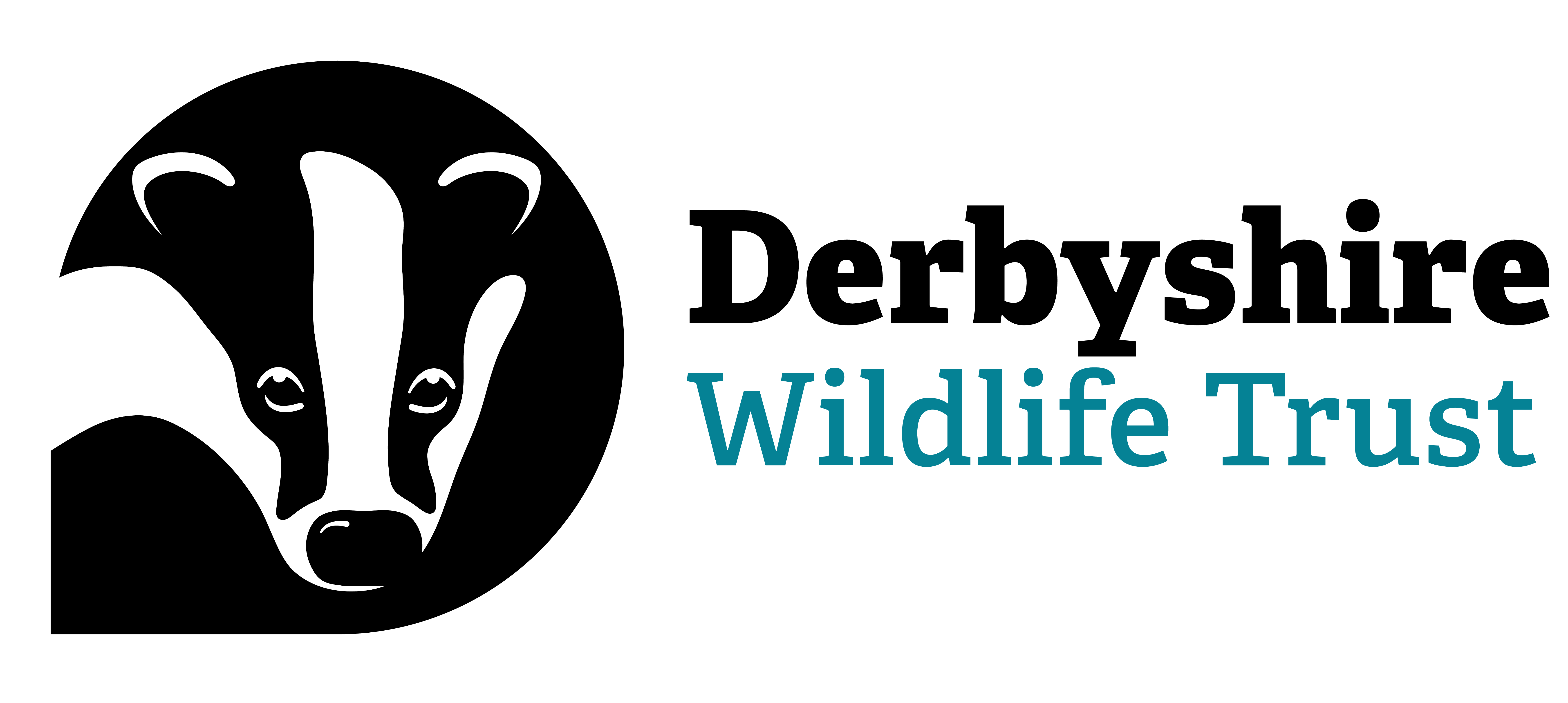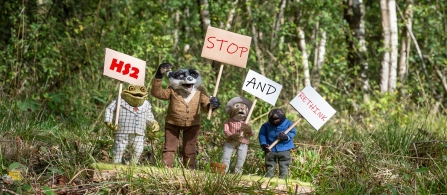A new report published by The Wildlife Trusts today reveals, for the first time, the vast scale of the destruction and impact that HS2 will cause to nature. ‘What’s the damage? Why HS2 will cost nature too much’ is the most comprehensive assessment of the environmental damage that HS2 will cause. It assesses the broad range of impacts across all phases of HS2 on protected wildlife sites, species and landscape restoration projects.
Drawing on data from 14 Wildlife Trusts affected by the current plans, other charities and landowners along the route, the report shows that HS2 will divide and destroy huge swathes of irreplaceable natural habitat and important protected wildlife sites up the length of England. This will cause permanent loss of nature, increased fragmentation of wild places, and the local extinction of endangered species.

